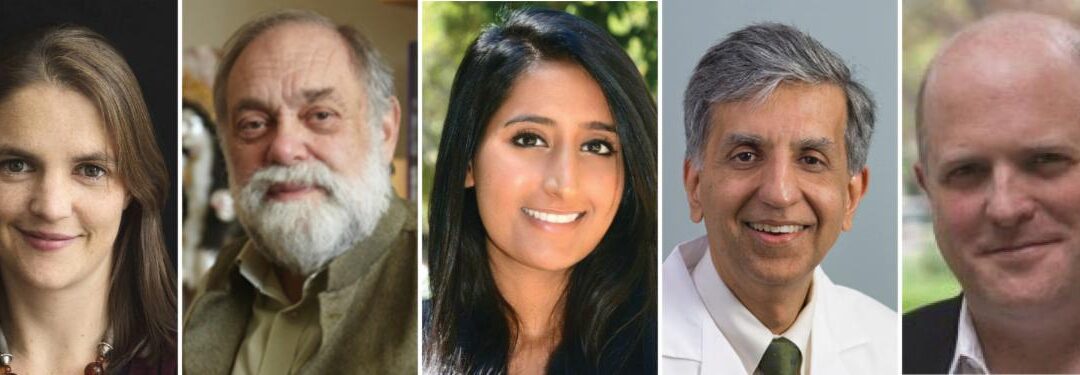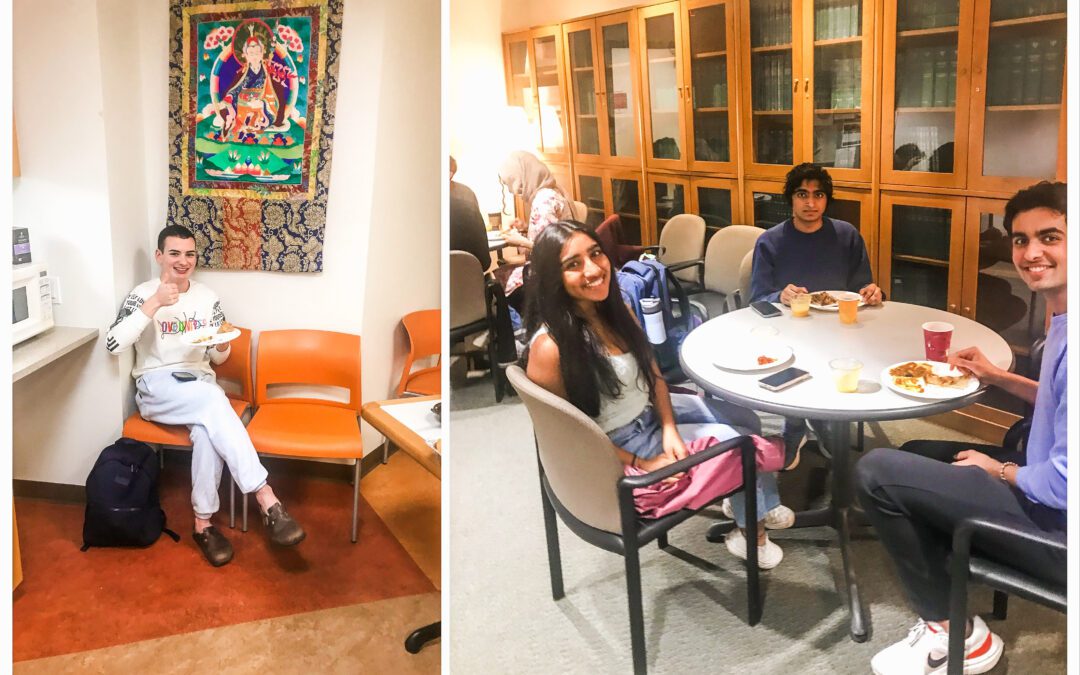Academic Year Look Back: Climate Digest


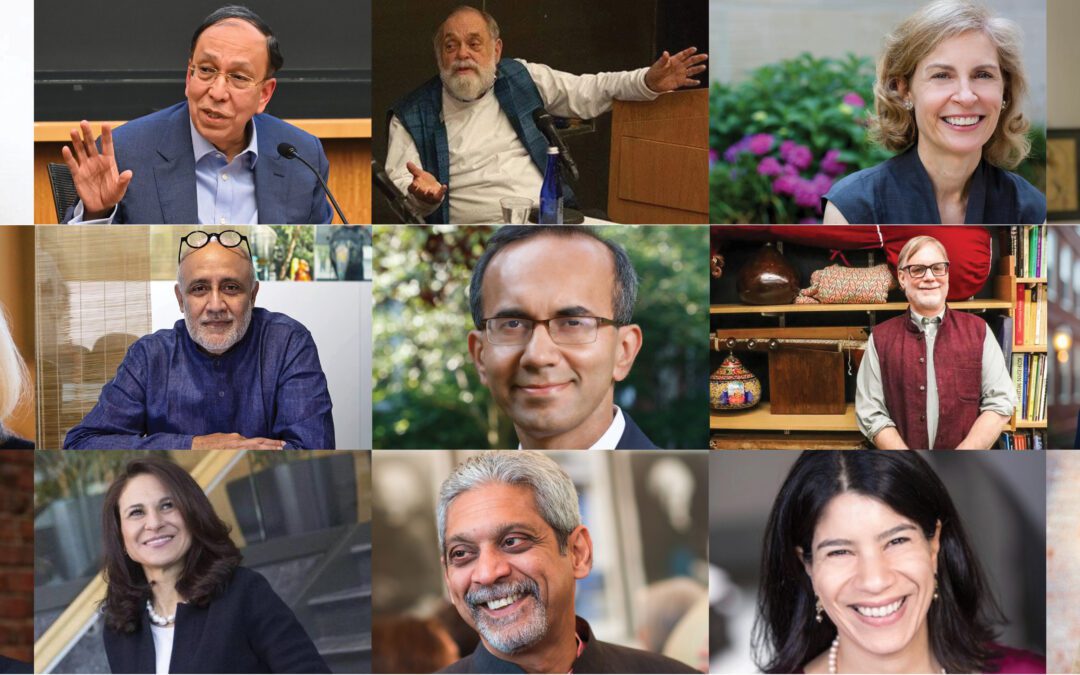
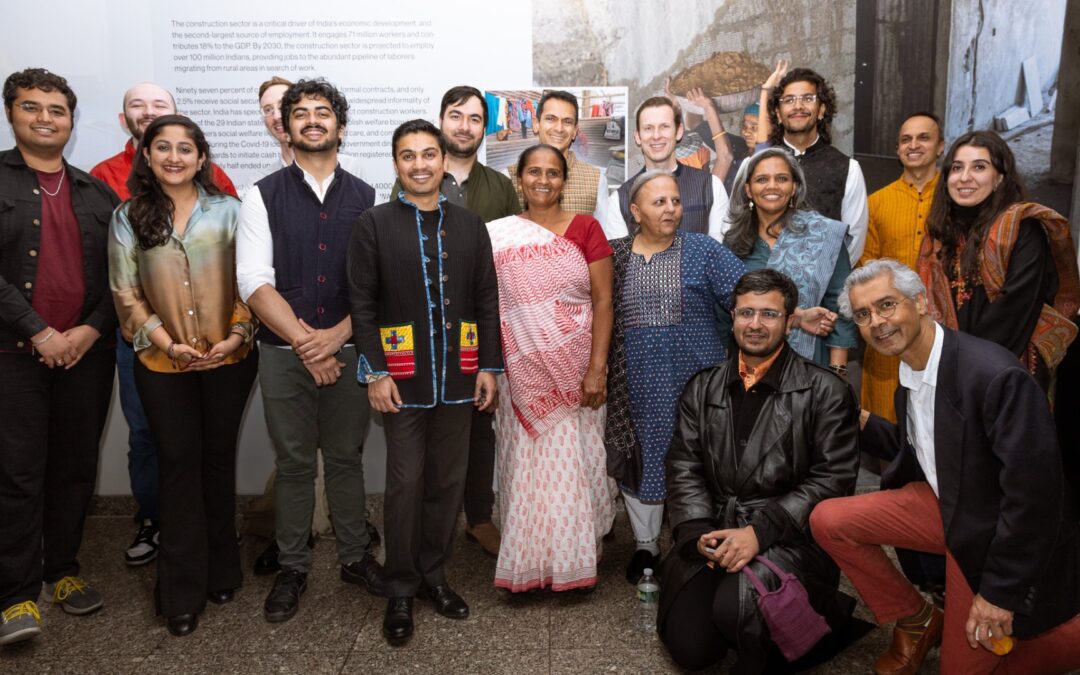
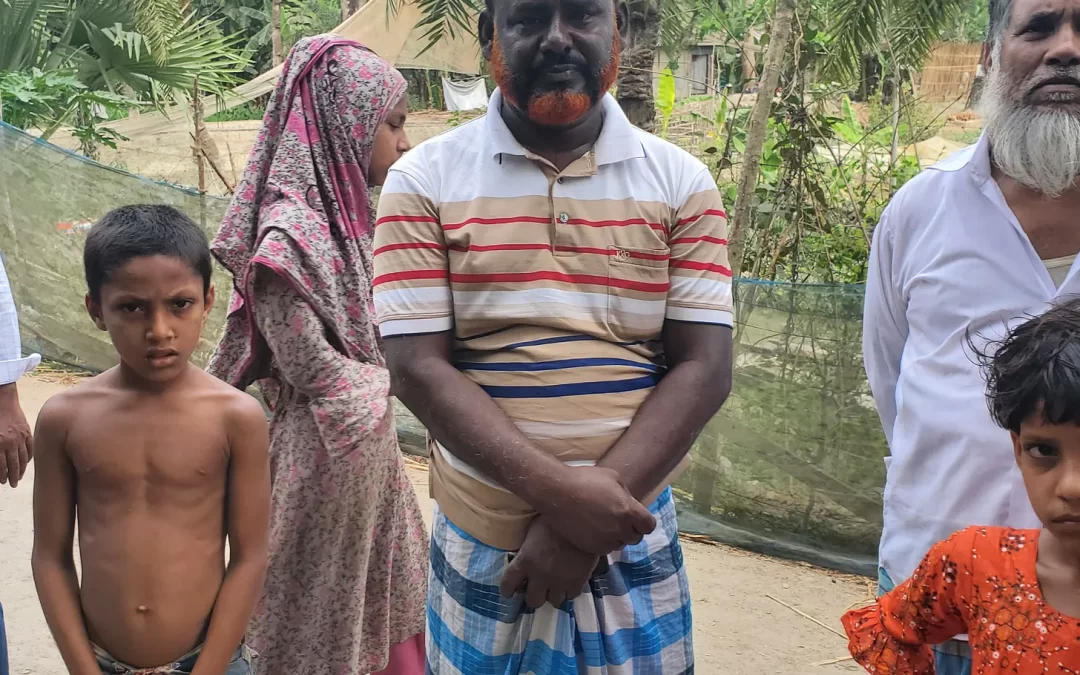
This spring break, Prof. Susan Crawford, John A. Reilly Clinical Professor of Law, set out to Bangladesh on a Mittal Institute-supported research experience.
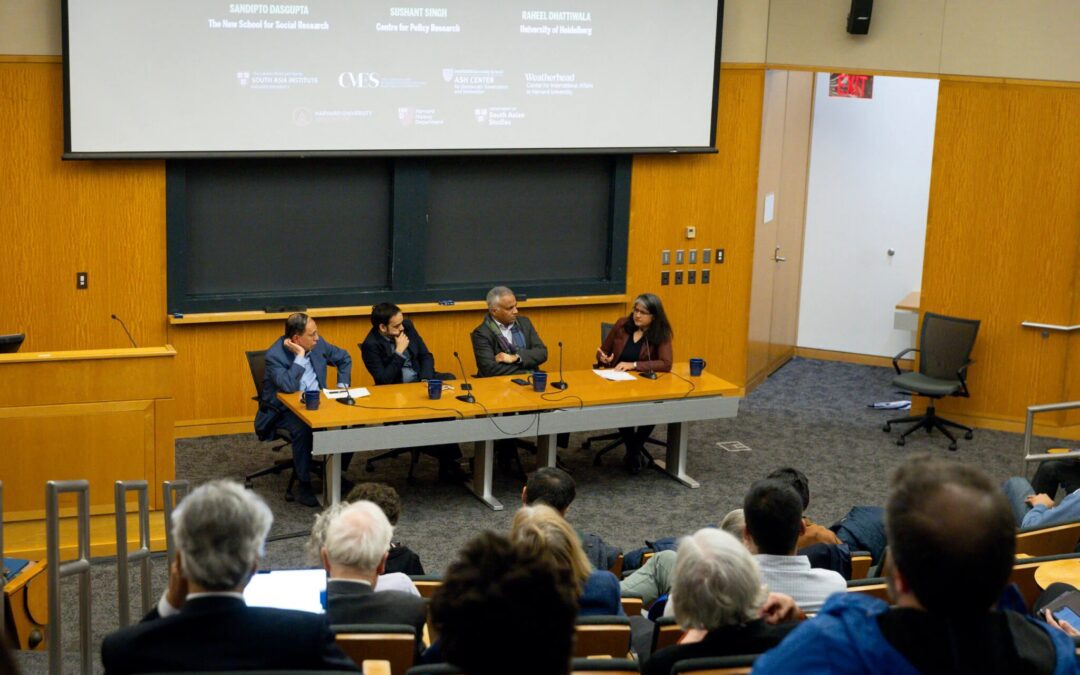
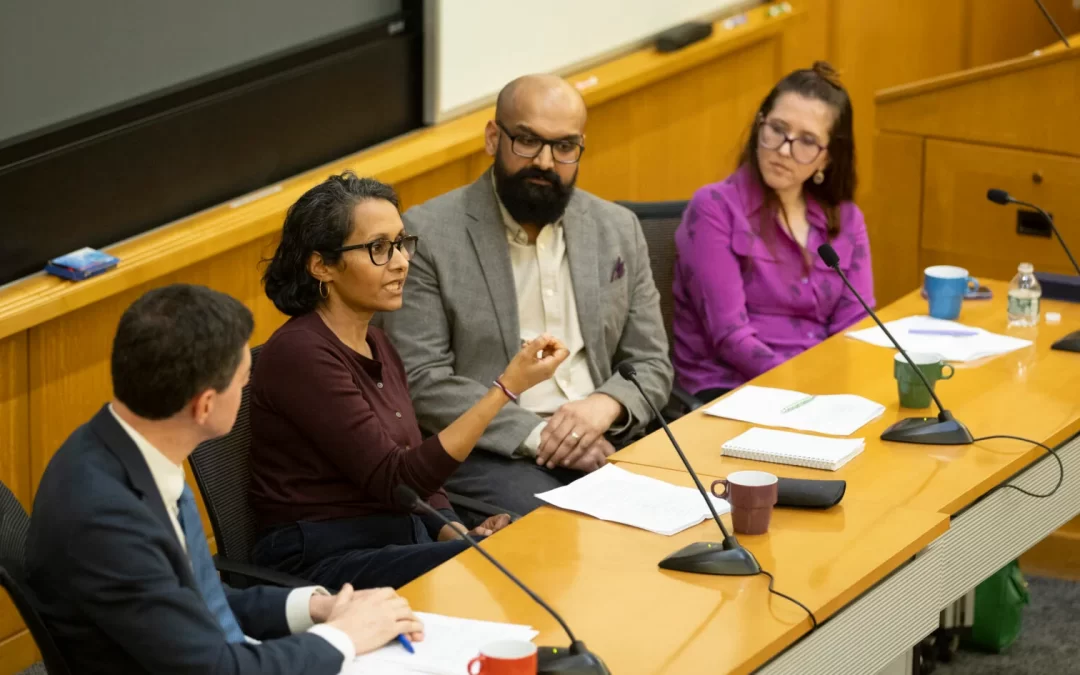
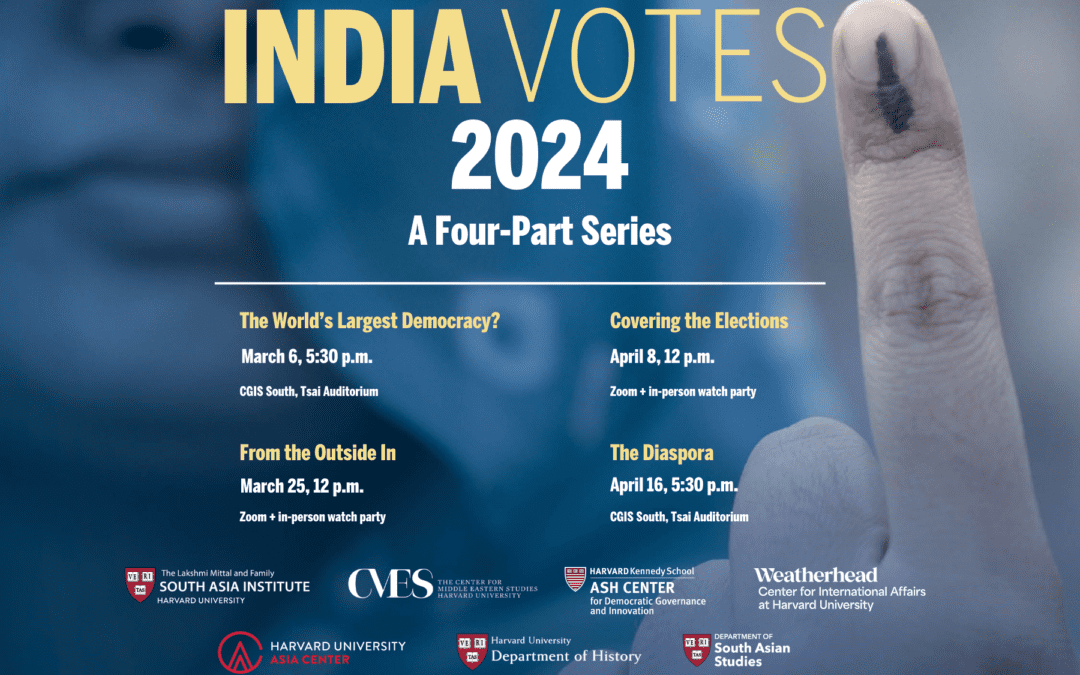
2024 is a significant election year globally with more voters than ever before heading to the polls. India will hold the largest election of them all and is one of several South Asian countries to have national votes this year. This four-part series – led by Harvard Professors Arunabh Ghosh, Maya Jasanoff and Vatsal Naresh – will feature cutting-edge scholars across the social sciences and media who will come together over the next two months to provoke discussions about democracy, the press, and diasporic politics that resonate with parallel trends in the U.S., Asia, and globally. We spoke with the three event conveners for more on the ideation of the series, and what we can expect from the discussion.
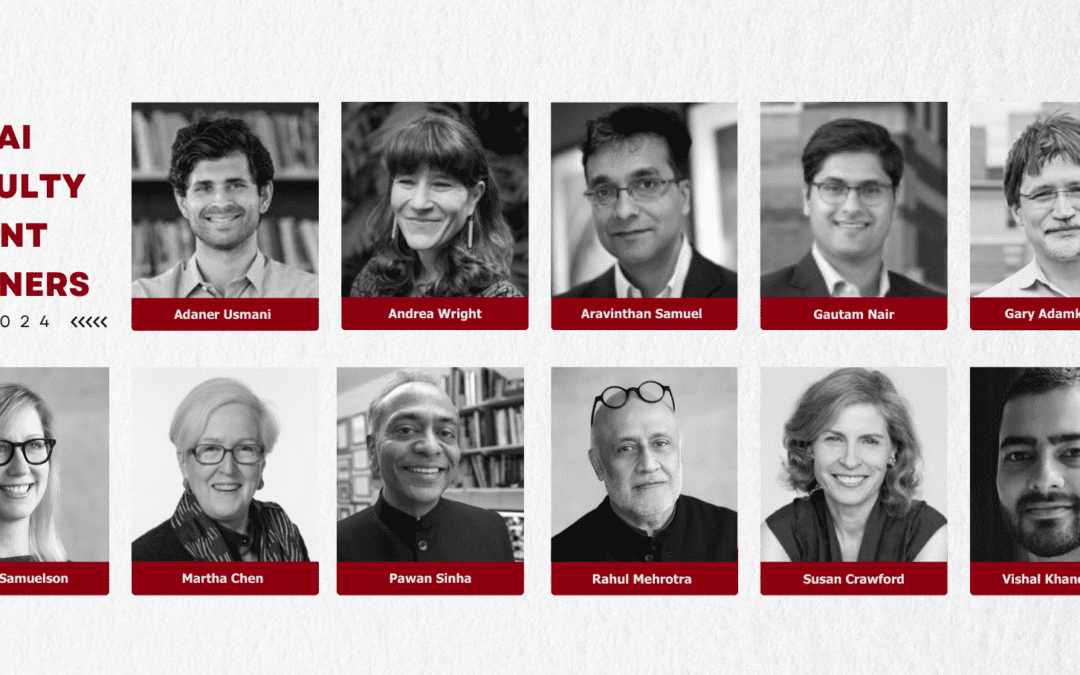
The Mittal Institute annually supports faculty research projects that unite scholars from different fields and regions whose research relates to South Asia. Interdisciplinary scholarship, as well as projects that catalyze connectivity between scholars at Harvard and those in South Asia, are a funding priority. We are pleased to announce this year’s grant recipients—earning the highest individual funding amounts in Mittal Institute history—and their research initiatives.
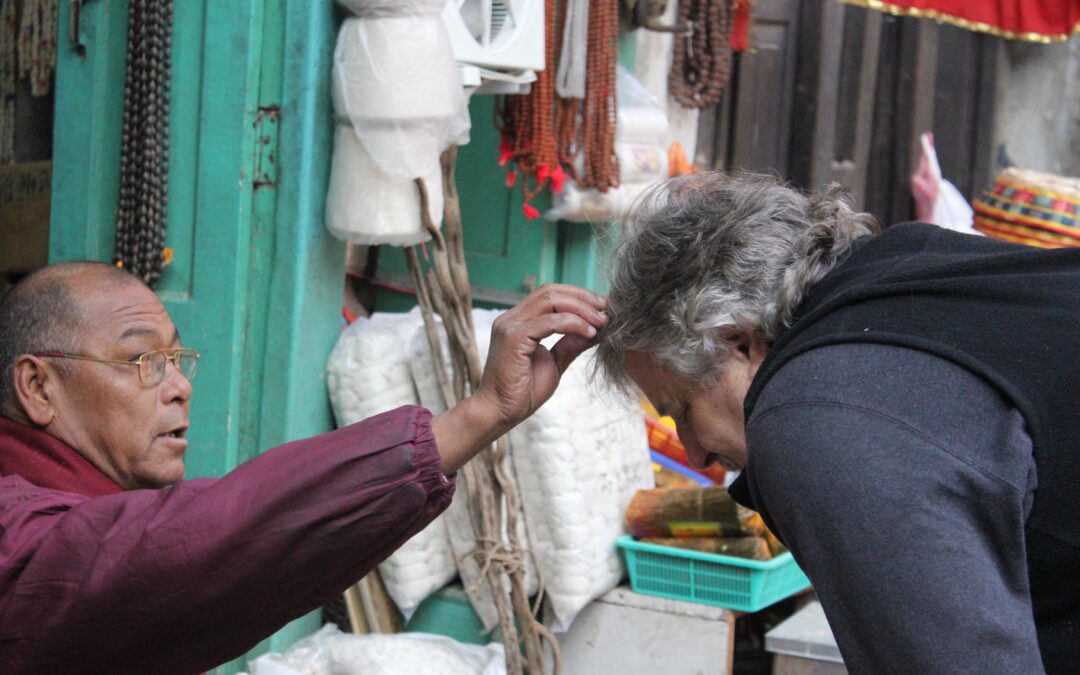
The Harvard Buddhist Studies Forum launched its spring semester events series with a February 7 talk by Todd Lewis, Distinguished Professor of Arts and Humanities at the College of the Holy Cross and Research Associate in Harvard’s Department of Sanskrit and Indian Studies. His talk, co-sponsored by LMSAI, explored “Reconfiguration and Revival: Newar Buddhist Traditions in the Kathmandu Valley (and Beyond).” We spoke with Todd to learn more about the motivations behind his research on South Asian religions, and what society can glean from their teachings

“A solution that can’t be applied,” says Professor Richard Cash, Senior Lecturer on Global Health at the Harvard Chan School of Public Health and LMSAI Steering Committee member, “is really no solution at all.” He shares more on his cholera dehydration life-saving solution that he and his colleagues first developed in Bangladesh — a solution that is credited with saving tens of millions of lives worldwide. Their oral rehydration therapy (ORT) is a mix of salt, sugar, and water and has helped patients return to their hydrated state as quickly as they had sickened.
